Sexism, Spirituality, and Science: The Story of Laila Goodman
Laila Goodman isn’t your average high school biology teacher. Her class is regularly filled with personal anecdotes from her life, and her office is regularly filled with students seeking advice. One of my most memorable interactions with her was talking about her experiences as a doula, and then later looking at an album of birthing photos.
Growing up, Laila felt that her family and community were culturally Jewish, but she struggled to find a strong personal connection to Judaism’s religious aspects. Being a self-described “seeker,” as a teenager she often visited different synagogues on Friday nights. One of these nights she remembers specifically. She showed up to the synagogue in her comfortable “hippie earth shoes,” and was immediately yelled at by a couple of older women who accused her of being disrespectful. This cut her deep; she was longing for a meaningful and spiritual connection, but instead she was reprimanded for her outward appearance. Instances like this, and persistent sexist messages turned her off from Judaism, and caused her to feel unwelcome for a long time.
As Laila’s Jewish identity took a back seat, her feminist identity began to fully blossom. Although unsure of when exactly she “came out” as a feminist, it was definitely part of her personal vocabulary by the time she was 18. Being at college during the end of second-wave feminism had a huge impact on her experience as a student, and the rest of her life. While she wouldn’t call herself a “man-hating feminist,” she definitely felt a lot of passion, which typically translated into anger. If any man dared to approach her at a bar, she would snappily respond with, “Who the hell are you calling a chick?!” She was so accustomed to misogyny from male authority figures that when she had a male mentor in college who didn’t make any sexual advances, it came as a surprise. Feminism empowered her to fight for women’s rights, and as a young and ardent feminist, she fully believed that sexism would end in her lifetime.
In her mid-twenties, Laila’s relationship with Judaism began to change. After getting over a hostile relationship with anti-Semitic undertones, she “felt [her] Jewishness pulsing out of [her] after pushing it down for so long.” Soon after, she started dating her husband, who wasn’t Jewish at the time (he later converted), but the first thing she told him was that she wanted to raise a Jewish family. And so she did. She also joined a new synagogue that was warm and welcoming, in other words, very different from the ones she visited as a teen. She told me that the most spiritual day of her life was the day she remarried her husband under a chuppah after he had converted to Judaism, with all of her children present. She now considers herself to be an “observant but not halachic Jew,” explaining that in her family, Shabbat starts when she finishes cooking.
Laila cites her reading of the book Standing Again at Sinai, a book about feminist Jews coming to terms with their orthodoxy, as the first time she aligned her Jewish identity with her feminist one. This also helped her realize that dialogue is a better tool than anger when it comes to effecting change. She incorporates this value into her work as Madricha Ruchanit (spiritual advisor), at Gann Academy by empowering all of her students to explore and question the various aspects of their identities. In addition, she has brought to the school conversations about all types of diversity and equity: racial, gender, socioeconomic, and more.
As one of Laila’s students, I highly value her unique perspective. I admire how passionate she is about social issues, and her efforts to bring them to light in our often insular community. She does so much more than teach biology. She teaches a Jewish lifestyle that emphasizes open dialogue and acceptance, and as a young Jewish feminist who is still figuring things out myself, I feel honored to have learned with and from her.
This piece was written as part of JWA’s Rising Voices Fellowship.

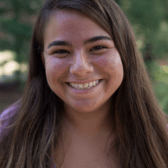
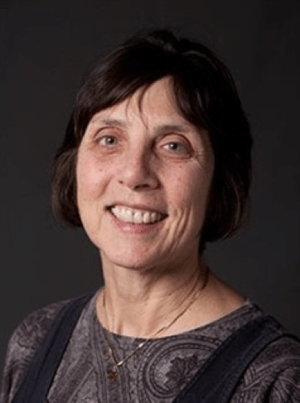
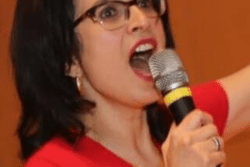
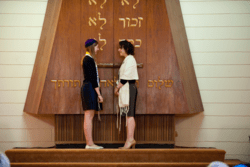
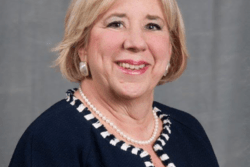


The story of Laila Goodman is both inspiring and infuriating. It's amazing to see her overcome so many obstacles in her quest for knowledge and education, but it's also disheartening to see the barriers she had to face simply because of her gender. Her story highlights the ongoing struggle for gender equality in science and technology, and serves as a reminder that we still have a long way to go. https://powgoddess.com/